There is no universe without a conscious presence to perceive it Science has caught up with what mystics and religions have been saying for hundreds of years: that there is a singular consciousness unifying everything and that death is no more than a transition from one perspective to another.
Quantum theory – through decades of propositions and experiments - has upended scientific thinking about how the universe operates at both the micro and the macro level. Here are just a few of the revolutionary ideas that have now become accepted fact among many in the world of physics:
A similar experiment split the wave into two pathways, one shorter than the other. At the end of the longer path is a meter to measure the wave. A lab assistant randomly turns the meter on and off. As expected, when the wave that had taken the longer path is measured, it turns into a particle. Amazingly – the partner wave that split and took the shorter path – retroactively turned into a particle, as well. The split waves are said to be “entangled” and the two act as one entity – doing so even when they are hundreds or thousands of miles apart. When one changes, the partner particle matches the change and seems to do so instantaneously, calling into question the actual nature of space and time. A couple of quotes from the famous physicist Stephen Hawking may be helpful…or not: “ There is no way to remove the observer – us – from our perceptions of the world…the past, like the future, is indefinite and exists only as a spectrum of possibilities.” “..One day there may well be proof of multiple universes. It would not be beyond the realms of possibility that somewhere outside of our own universe lies another different universe…” So, here is what we have so far: entangled waves in superposition wait - possibly in multiple universes – for an observer to birth them into existence as matter. One has to remember this isn’t science fiction, but rather it is a set of proposals supported by a growing number of leading physicists, three of whom won the 2022 Noble Prize for their experiments on this very topic. This raises all kinds of vexing questions, not the least of which is: what is the role of consciousness in these developments? And, even more fundamentally – what is consciousness? Dr. Robert Lanza – hailed by Time Magazine as one of the world’s 100 most influential people – has written several books on Biocentrism that weaves together the concepts of quantum theory with the idea that it is consciousness that created the universe and not the other way around. And if there is no universe without a conscious presence to perceive it, then the only logical conclusion is that there must be a universal consciousness beyond our individual sense of self. Lanza is one of many proponents of the Multiple Universe Interpretation of quantum theory, suggesting - like Stephen Hawking - that possible alternatives of life may be occurring now in multiple universes. For example: In one universe Russia succeeded in sweeping through Ukraine in a matter of days, while in another universe there was no war at all and Ukraine won back its occupied territory through diplomatic initiatives. Finally, Lanza speculates that consciousness never ends, and quite possibly we just transfer our conscious self into another alternate universe. There is so much of quantum theory that I find baffling and have a difficult time to comprehend fully. Kind of like religion or spirituality. There is a great deal that can be read about the individual soul and the Divine, but at some point belief comes down to a quiet faith. Now that, I think, I can handle.
1 Comment
The pace of change over these past few years has been both exhilarating and exhausting. Consider this:
Turmoil, chaos, petty politics, vitriol, hate, violence are in our face nearly every day. We had the investigation into Russia election interference, the #Me Too movement, children in cages at the border, and the president impeached. Just this year we are living through a worldwide pandemic with millions infected and hundreds of thousands dying. Our economy was shut down, the stock market plummeted, and 40 million are unemployed. Recently, we have witnessed weeks-long massive social justice protests in every state in the nation and in cities around the globe. In 2019, there were more mass shootings in the USA than there were days in the year Climate change is upon us. 2019 was the second warmest year on record, during which we saw massive wildfires rampage through Australia. People are seeking change, but change does not come easily. It will take a counter balancing force to offset the political power of those who want to see things remain just as they are. A few elected officials and the money behind them have stymied advancement on social issues that the majority of Americans broadly agree on, such as gun control, climate change, health care reform, education, affordable housing and a myriad number of other important social justice issues. Polls show that most Americans believe the protests are a positive sign. We are seeing a multi-racial and inter-generational mass of people in the streets who are loudly and collectively saying: enough, it is time for change and not just within police departments. It is time for America to realize that for capitalism to survive, it needs to be a system that works for the majority of people and not just the wealthy and powerful few. Yes, we need dramatic political change. But for that change to be lasting, we also need to see spiritual transformation, both individually and collectively. After all, it would be unfathomable for a spiritually awakened person to ignore wide-spread pollution that threatens the survival of the planet; to allow millions of assault weapons to be used to prey upon society; to tolerate an economic system that holds a class and a race of people down and uses the labor of the many to enrich the pockets of the few. So, how do we get there? How do we become a society that fosters individual and collective spiritual transformation? I start with one basic premise: all change is personal. Author Stephen Covey writes that “change is a door that only unlocks from within.” He was writing about self-improvement, but I believe the same principle holds true for spiritual and political change as well. We Quakers strive to become attuned to the internal voice that guides us and prods us to live out our values, which is espoused by the axiom “Let your life speak.” This is truly a transformative statement, urging us to align our actions with our spiritual beliefs. “Let your life speak” is not only transformative, it is also a statement of accountability. If we adhere to the idea that our values and our lifestyle should be aligned, then it becomes painfully clear when one or the other is out of balance. The ethic that we should let our life speak is one that is so clear, so true, so simple to understand that we would do well if we could make that the mantra of our life. A Dutch proverb states “He who is outside his door, already has the hard part of his journey behind him.” The protesters are letting their lives speak, and have taken that important first step of what will be a long and arduous journey. How will this movement be sustained? What value statement will carry us all through hard times? Here is some advice: Let your life speak. Everyday. If you want to end racial injustice, then let your life speak daily of inclusion. If you want to end violence, then let your life speak daily of peaceful encounters. If you want to foster justice, then let your life speak of collaboration and empowerment Spiritual transformation is an internal journey seeking a state of tranquility and grace. Letting our lives speak is how we walk with grace in the world.
When school starts back up in September, experts predict that students will have fallen behind because of the extended amount of time they are spending away from the classroom. The question is, what are we going to do about it.
Everyone from the President down to local mayors and elected officials are transfixed these days on two items: stopping the spread of the Covid virus and getting our economy back on its feet. In response, we see massive investment in economic and health care recovery plans. And no one can argue with that. But, what about the kids who are suffering and the long-term effect this will have on their academics and consequently on their life-long earning capacity? Most have heard of the “summer slide” - the amount of back-sliding students do during the summer months while they are away from school. Well, what about the “Covid Slide?” What is our plan for that? Where is our Education Recovery Plan? The Pew Research Center affirms that 76% of lower income parents are concerned about their children falling behind in school because of the disruptions caused by Covid 19. And, they should be concerned. In a recent Op-Ed article in the Washington Post, education expert Michael Pirelli stated “All of this time away from school is going to be particularly devastating for poor and working-class youngsters, many of whom are already below grade level” I fear that the immense expense of battling the pandemic coupled with the massive losses in revenue for businesses and consequent loss of taxes for governments, that we will see austere budgets coming from our state and local governments in the near future. And, as a result we will be told – repeatedly – that we don’t have money for the kids. We can’t forget schools and their academic partners when calculating investments aimed at repairing the damage wrought from battling this global pandemic. We should not allow our elected leaders to expect schools and lower income children to shoulder the consequences of these extraordinary times, on their own. I write this now because I do believe that struggling kids will get left behind and that schools will be expected to add to their already overtasked agendas the work of making these students whole – and to do so with the same or less dollars than they already have. I think it is well worth our time and effort now and on an ongoing basis to contact our elected officials and encourage them to forge an education recovery plan. Our leaders need to be aware that an education recovery plan is just as important as crafting an economic and health care recovery plan. Our students are arguably more deserving of help than the 71 publicly traded companies that received $300 Million in federal loans aimed at aiding small businesses. Please join me in carrying a simple message to our elected leaders: Create an education recovery plan to prevent the Covid slide by investing in our schools and our students.
David Brooks is a New York Times columnists who leans conservative, and whose insights into America are thoughtful and grounded in the sentiment that who we are as a country today is rooted in the sins and sanctity of our past.
I found one of his recent columns – What Makes Us All Radically Equal – to be an insightful look at what will sustain us as we tread down the road of racial reconciliation. In the article, Brooks recounts the saga of a white man who purchased an empty school in one of Detroit’s distressed neighborhoods with the intent of turning it into a vibrant community center. Because the white developer didn’t communicate early on with members of the community, the process became a bit of a meat grinder encounter for him. But, the developer was counselled to “just listen” to how the community was expressing a lifetime of betrayal and abuse and forcing him to feel the pain they feel every day. The project proceeded and today is a valuable asset to the neighborhood. On this encounter and the thousands like it across America today, Brooks reflects “You realize that coming together across race is not a neat two-step process: truth and reconciliation. It’s an emotionally complex, thousand-step process, with moments of miscommunication, resentment and embrace. This is the hard process of trying to see each other across centuries of wrong.” The article states that racial encounters have “always been like this” and recounts how Frederick Douglass displayed the same love and hate relationship in his everyday meetings. According to Brooks, what sustained Douglas and what will sustain those of us who want to work at the difficult task of racial reconciliation is a deep and abiding sense of equality and an underlying belief that we are all endowed with natural rights. The author states that “It is the belief that our souls make us all radically equal. Our brains and bodies are not equal, but our souls are. It is the belief that the person who is infuriating you most right now still has a soul and so is still, deep down, beautiful and redeemable. It is the belief that when all is said and done all souls have a common home together, a final resting place as pieces of a larger unity.” I was struck by how Brooks description of our soul and the ramification for community sounded as if they were written by one of my Quaker Friends. The idea that a conservative columnists can arrive at the same understanding as a liberal Quaker gave me great hope for the future of our country. In closing, Brooks wrote “When people hold fast to their awareness of souls, then they have a fixed center among the messiness of racial reconciliation and they give each other grace.” If we can learn to embrace the soul of each other, then we can create our own state of grace from which to heal our wounded world.
When a pendulum reaches its maximum arc, the velocity is zero. Everything stops. With the recent election, it feels like the pendulum stopped swinging and soon perhaps, it will begin its journey back to the center. Beginning in January 2019, we will have returned to a system of shared governance; one with appropriate checks and balances, as envisioned by the framers of the Republic.
The American system of government was designed to mitigate two competing visions of authority. On one side were those who feared the tyranny of the majority, believing that a pure democracy would lead to chaos. Those on the other side feared the tyranny of the minority; that a person or a party could impose their will on the unwilling. And so, our founders devised a government designed to limit the ability of any party or person to create too much power. America is a divided country at the moment: Urban vs. rural, educated vs. less educated, white vs. people of color, Democrat vs. Republican, wealthy vs. the poor and the dwindling middle class. With a country so divided and at so many levels, perhaps what we need the most right now is a divided government; but one that uses the division of power to seek compromise and addresses the root causes of our disunion. Joseph Stiglitz, a Nobel prize winning economist, writes “There is a widespread sense of powerlessness, both in our economic and political life. We seem no longer to control our own destinies….For a third of a century, the American economy has failed to enhance the well-being of a majority of its citizens” Stiglitz was discussing how large corporate monopolies have exacerbated the social and economic problems facing America and have worked to pervert the political process. Corporate and political monopolies have brought us to a place where our political and economic systems no longer work to improve the life of the average citizen. We are a country that is racially, economically and geographically divided while at the same time our two political parties fight for sole control of all levers of government in order to impose their own priorities on everyone. It is no wonder that our country feels on the verge of imploding. The rich are getting opulently more wealthy as the already powerful strive to amass more power, and the average citizen is feeling socially and economically squeezed and evermore powerless. At a time where we sorely need a divided government to inhibit the tyranny of the minority, we also need an engaged populous in order to hold our politicians and captains of industry accountable. We need to get back to a government and an economy that works for all of us and not just the connected or privileged few. This isn’t really so farfetched. It feels like we are on the verge of this very movement now. We have both aspects already underway: a divided government and an engaged populous. Expecting a divided government to solve our problems is not all that outlandish because there is broad consensus on a variety of “divisive” issues. According to a series of Gallup polls, the majority of people support gun control. We support an improved environment, and healthcare for everyone. A large majority believe immigration is good for America and that repairing our infrastructure is key to our ongoing economic wellbeing. Significantly, the majority of Americans also want government to work better by ending the partisanship and finding a way to compromise and solve our most pressing problems. The American people have a unified vision on a wide variety of significant issues. It is our political parties and corporate elite that ignore the will of the people and who seem hell bent on amassing power, often at the expense of social and economic progress for the country as a whole. Our country is divided – as Stiglitz points out – because the political and economic infrastructure has failed us. The push for more money and more power – at all costs – has driven divisions through the heart of America. But now the pendulum has stopped. We can take a breath and get ready for the pendulum to swing back as it picks up speed. Our job is to ensure that the momentum works to our advantage. Our job is to ensure that every politician and corporate elite understands that for American to thrive, we need to focus on the common good. The politics of power for power’s sake are done. The time of amassing wealth at the expense of the many are over. A divided government is a government designed to ensure that the considerations of the many take precedent over the whims of the few. But, this will only work if we stay committed and engaged. The pendulum has stopped for now. But we cannot.
I feel compelled to make one observation. The president wants us to be afraid of the immigrants and asylum seekers hoping to cross our border, when the real terrorists are home grown middle aged – and for the most part – white males.
We hear the threats almost daily about the immigrant caravan that is yet 900 miles away, stating - with no evidence - that it serves as a cover for gangs and terrorists wanting access to our country. Yet, the real terrorist are already here. Cesar Sayoc – the pipe bomb terrorist suspect who tried to assassinate 14 high profile critics of the president is a mid-fifties male, born and raised in America. Robert Bowers, the gunman who killed 11 worshipers at the Pittsburgh Jewish Synagogue is a white male, born and raised in America. Gregory Bush, the suspect who shot down two people at a Kroger grocery store in Kentucky is a white male, born and raised in America. In fact, more Americans are killed by right-wing, American born extremists than by any other group. Terrorism is born out of hatred and hatred is born out of fear. If we want to stop the home-grown terrorists, we have to stop stoking fear and begin dealing with the real - social and economic issues driving that fear.
 Distributional National Accounts: Methods and Estimates for the United States - Table II Distributional National Accounts: Methods and Estimates for the United States - Table II I’m not a bird watcher by any means, so when I saw the word Shrike used as a title for a haunting song by an artist named Hozier, I had to look it up. The Shrike is a small bird – no bigger than a Robin – that lives in a hedgerow and impales its prey on thorns. For obvious reason, that image of a bird using a thorn bush as its own personal pantry was difficult for me to shake. I ruminated about it for days. Around the same time I was thinking about the Shrike’s unique hunting and feeding style, I read a report on the American economy – comparing population and income from 1946 to 1980 and then from 1980-2014. This report, written by Thomas Piketty and a couple of UC Berkley professors, provides an equally haunting image; one that helped me better understand the seething sense of anger that bubbles up in social media and political campaign and in op-ed articles at just about every turn. The authors state that “for the bottom 50% of working age adults….income has collapsed since 1979.” I know that we’ve seen this data in other ways, but the charts are stark and stunning. In the 34 years between 1946 – 1980, the bottom 50% and the middle class was doing quite well. For the most part during that period all lower and middle income groups saw incomes rise by more than 100%. At the same time, the top 10% had more modest income gains; somewhere between 47-79%. But, in the 34 years between 1980 and 2014, the wheels fell off for the lower and middle income families. Instead of income gains, those at the bottom saw a 25% decrease in income while others saw only single digit increases. During those same 34 years, the wealthiest segment of the population saw income gains above 200%, 300%, 500% and even 600%. The data is pretty astounding. I was pondering these reports and had the image of the Shrike in the back of my mind as I was walking into a Quaker meeting on a recent Sunday and the two images just merged together. I stopped walking and stood for a moment to absorb the thought. I came to the realization that we are living in a Shrike world, where lower and middle income families are impaled on the spikes of the economy so that the wealthiest can feed themselves to excess. I’m not sure what to do with this image and information. Just writing about it doesn’t seem to be enough. I’m old enough to remember the venerable Senator William Proxmire, a Wisconsin legend. I especially remember his Golden Fleece Award – issued monthly to government agencies that Proxmire thought were wasting taxpayer dollars. Maybe it’s time to bring back that Proxmire tradition. Maybe we should begin issuing monthly SHRIKE awards to the people and companies who do the most harm to lower and working class families; to those who use their position of influence and power to enrich themselves and their friends at the expense of the community. The SHRIKE award shouldn’t be limited to politicians. Slumlords would be an apt recipient as too would be the folks who were operating an opioid prescription mill in Wauwatosa, WI. How about doctors who scam Medicare to enrich their own pocketbook? Big environmental polluters would be good recipients. After all, many companies pollute the environment while reaping profits from their actions and leave the “clean up” from their mess up to the taxpayers. Once you start thinking about it, the list of possible SHRIKE Award recipients seems – unfortunately – endless. Who will you nominate? I have a granddaughter who will be two years old in mid-July. Given what has happened on our southern border, I can’t help but to imagine what it would be like to have her ripped from my arms by some burly border guard. My heart breaks at the thought of seeing her deep brown eyes look at me for help and for answers as she begins to kick and cry because a stranger is grabbing her from the comforting arms of her pop-pop. I imagine that I begin to cry as I am marched away in handcuffs and I hear her voice – and only her voice – pierce through the cacophony of sobbing children and barking officials as she cries and struggles to get free. I further imagine that I am frightened and humiliated and angry all at the same time. I can’t protect this precious child. I can’t predict what will happen to her. I am the person she looks to for comfort and safety and I have failed her.
I have a good imagination and using it to better understand the brutish tactics our government has taken with immigrants on our border is an exercise I recommend to all. It is only by putting ourselves in the place of others that we begin to better understand the depth of these callous actions forced upon children and families. By using our imaginations to place our loved ones in harm’s way we can see these actions as a personal affront, as an assault on our loved ones, as a threat to the very core of who we are as a people. By using our imaginations in this way – the atrocity on our southern border becomes very personal. It is no longer about them. It is now about us. In years past, we could see that immigrant families were just like us: they wanted what we want. They yearned for a better life. They wanted good schools and safe streets for their children. They wanted work that will allow them to live with dignity. They still want these things, but now the dynamic has changed and has a deadly undertone. According to a new Brookings report, many of the families showing up at our southern borders are fleeing violence. As stated in the report, “More than 40 percent had a relative who was killed in the past two years. Thirty-one percent knew someone who was kidnapped; 17 percent knew someone who disappeared.” Knowing this makes our government's actions even more obscene. It would behoove us to gain a better understanding of the unauthorized immigrant population in America. The Migration Policy Institute provides a helpful profile of the 11 million unauthorized immigrants currently in the country. Surprisingly – 58% have lived here for ten years or more. The majority are working (64%), have a high school education or better (50%) and many own a home (31%). Contrary to some opinions – unauthorized immigrants contribute more to the national economy than they take out. This makes sense when you think about it. The majority are working and paying taxes, yet they are ineligible for most public benefits such as welfare or food stamps. Even more astounding, the Social Security Administration estimates that unauthorized immigrants are contributing billions of dollars into Social Security every year, with little hope of ever recouping those funds because they are not allowed to receive them. And so the facts tell us that all immigrants provide a net gain to the American economy, including those who are unauthorized. Our imaginations and our values tell us that the actions our government is taking on the border are an affront to our sense of decency and humanity, especially in the face of the violence they are fleeing from. You wouldn’t know it from the rhetoric, but an astounding 75% of Americans think immigration helps our country, as evidenced in a couple of recent public opinion polls. Thomas Jefferson said that the government you elect is the government you deserve. Is that true? Do we deserve this government that debases adults and separates children from their mothers? Do we deserve a government that – time and again – offers up policies that are contrary to our history and our values? America is a country of immigrants. Nearly every person in this country today can trace their roots to a desperate ancestor who braved an immigrant journey to these shores seeking a better way of life (except for those who came her in slave ships). My paternal grandparents came here in the early 1900s from western Ukraine. My maternal grandparents came at about the same time from the region around Naples, Italy. I am only here because of them. In that respect – I am an immigrant. We are all immigrants. We are all just “strangers and guests” in this world. And, we should demand better.
The separation of children from their parents at our southern border feels like an assault on our American values because it is raw and in our face. We can hear the sobs of the children in the heart rendering recording by the news group ProPublica. We can hear the taunts of the guards calling the cry of children a symphony just waiting for a conductor. We can empathize with the parents on what it would feel like to have our children literally ripped from our arms with no way to see them or communicate with them after.
But why do we seem so surprised? We devalue children and families all the time here in America; especially children and families of color. We have not only tolerated but have seen large segments of our population support atrocious actions. Consider:
It is appropriate to be outraged at our treatment of refugee families on the borders. But, let’s not kid ourselves that this is an anomaly. There appears to be a darkness in the American soul; one that comes out when cynical politicians and others motivated by greed fan the flames of xenophobia and pit us against that “other” who we are told threatens our existence and way of life. But there also seems to be a better side of us; one that will take to the streets and mount protests at the sight of children being used as pawns in a geo-political game of immigration. This is the American paradox. Perhaps it is accurate to describe Americans as a kind-hearted people who have a darkness in our soul that causes us to do horrific things when we believe we are threatened. As long as we treat those who are not familiar to us as outsiders – we reinforce the belief that some are not worthy of our attention, of our dollars, of living next to us, of being treated humanely, of being loved. If we allow our neighbors, our friends, our relatives, our politicians, our TV and radio personalities to whip up a frenzy about who is worthy and who is not, then we are tacit supporters of actions such as those we see today on our border. The Quakers believe there is that of God in everyone and as such, every person is to be treated tenderly and with love. That sense of the divine within is not unique to Quakerism. Practically every major religion teaches that each human is a child of God and should be treated with love and respect. The word Namaste comes from eastern religions and is one most often heard in western cultures in Yoga classes. The deeper meaning of the word is one that can provide us an example of how to treat others – even those who seem to threaten us. Namaste means “The Divine light in me acknowledges the Divine light in you.” For many, it is easy to recognize the divine light within a six year old Guatemalan child partially wrapped in an aluminum blanket, sobbing for her mother while sitting on the floor of an American detention center. It may be a bit more difficult to recognize the divine light of a black family with a couple of teenage boys who want to move into the house next to you in suburban Wisconsin. But we must. Namaste "On the outside, it doesn’t appear that much has changed, but on the inside my entire paradigm has shifted." I’m starting on a new phase of my life, and I hope you will join me on the journey. The decision to start afresh wasn’t an easy one.
Some have noticed that I haven’t written any posts since February. The reason is that I was in a state of spiritual and emotional transition and didn’t want to write anything until I arrived at some clarity. What kicked off my dilemma was the decision to start collecting social security benefits in July of this year. At first, I didn’t think this decision was a big deal. It would provide a steady income stream and I could just keep on working with less worry about securing contracts and managing cash flow finances. But then something funny happened. I needed to order new business cards and I became paralyzed in that thought. It would have been simple enough to just email the company and order a new batch, but I felt that there was a deeper question brewing. This decision about receiving social security grew into something unexpected. It started me thinking about full retirement. I could lay down my blogging and consulting work and just live life as a retiree. I could become a professional volunteer. I could audit classes at UWM. I could spend more time sailing or hanging out with my granddaughter. I could buy a boat and work on it. I could visit museums and events during the day. I could write a book. In short – fully retiring would open a whole new world for me. As I watched myself deliberate over this decision, I came to realize that there was a lot of “me, me, me” in my thought process. What could I do, where could I go, what would I gain. When I recognized this, it rubbed up against my Quaker sensibilities. I realized I wasn’t praying enough. I wasn’t digging deeply enough into my soul to hear the voice of God guiding me. Or – was God telling me to kick back and just enjoy life? The fact is, I didn’t know. I considered asking my Quaker friends to form a Clearness Committee to help me discern my path, but thought I’d dig a little deeper on my own before I went that route. (note: a clearness committee is a group of friends who will sit with you and ask open ended questions – helping you gain “clearness” in your thinking. They are not there to advise, or fix, or suggest anything. The basic premise is that God is guiding the person seeking clearness and perhaps they only need help defining the questions to ask of themselves.) I realized that my prayer time had deteriorated significantly since my son and his family moved back from Portland and came to live with us. We never had five people living in this house at one time and especially not with a sweet but very active two-year old toddler. So, my first step was to get back to a daily prayer routine. That turned out to be a good decision, because the answer came to me during prayer. And the answer was as clear and practical as it could possibly be. The answer was to just be me. Just be myself and work on the issues I care about and work with the people whose values I respect. If work comes my way – then do it with joy and do it well. If work doesn’t come my way – then I will follow whatever way opens on this journey and pursue what is meaningful to me in this community and in my life. On the outside, it doesn’t appear that much has changed, but on the inside, my entire paradigm has shifted. The retirement benefits will allow me to more completely surrender to the leadings of that inward voice of God. I intend to stay focused on building community and creating change using the skills that are unique to me. I will continue blogging. I will continue working on issues I care about and helping communities build collective impact initiatives. I will be doing all of this as me, Mike Soika; not Imua Grace and not as the Center for Learning Communities. I will be laying down the blog site of Imua Grace and I will eventually be laying down the Center for Learning Communities. I realize that nothing has changed, yet everything has changed for me. Its as if God has hired me to be his change agent. And I’m ready to take on the job. Please Check Out: My New website My New Facebook site (which I haven’t populated much yet) My New email address: [email protected]. Please note: I will eventually be retiring my Learning-communities email account – but that won’t be for a few more months. |
AuthorMike Soika has been a community activist for more than 30 years working on issues of social and economic justice. His work for justice is anchored by his spiritual formation first as a Catholic and now as a Quaker. Pre 2018 Archives
|

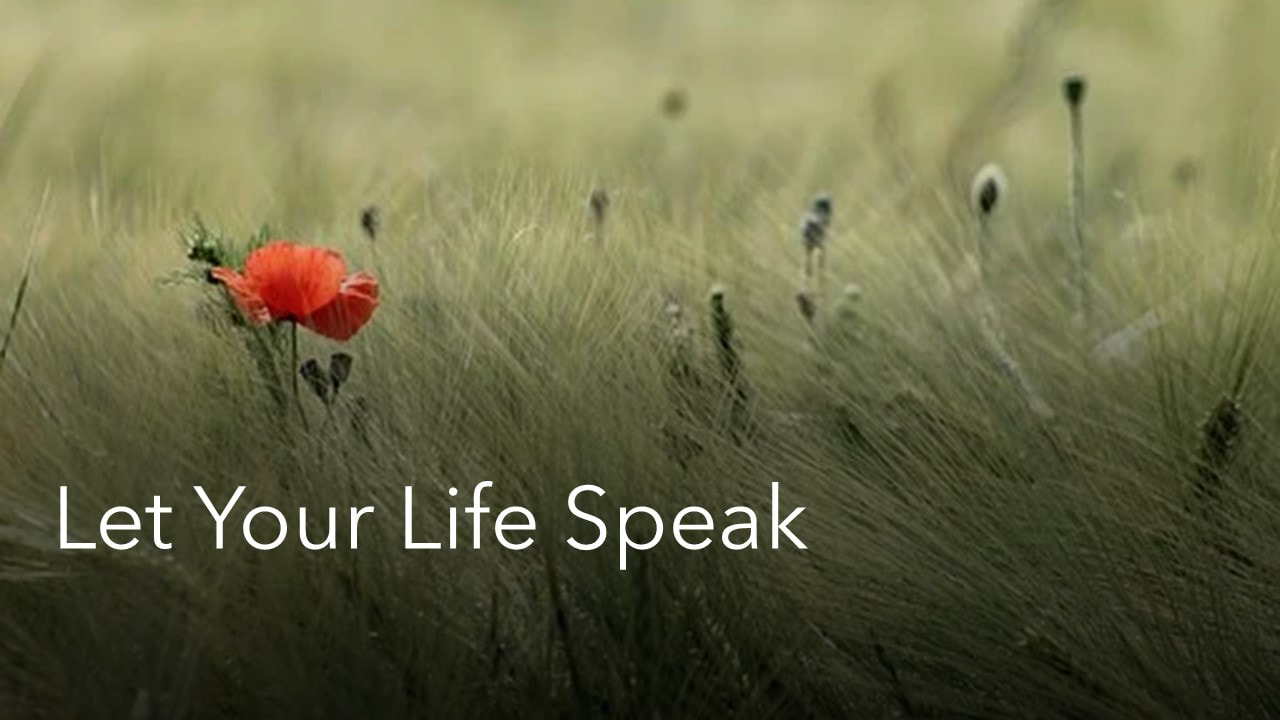
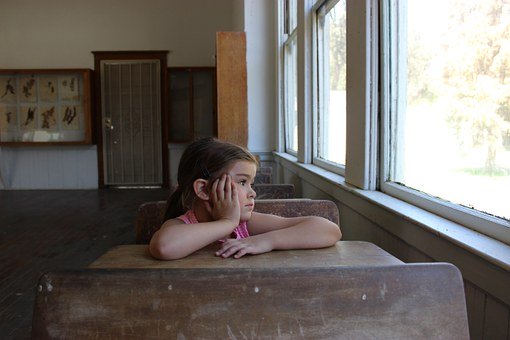
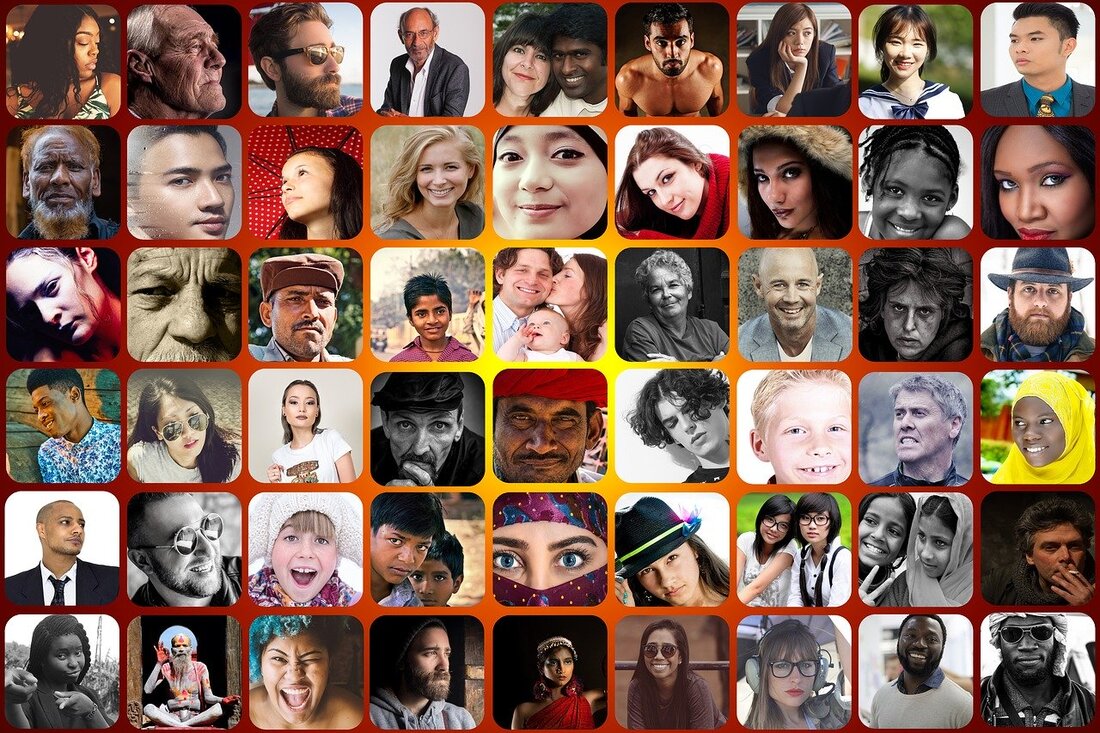
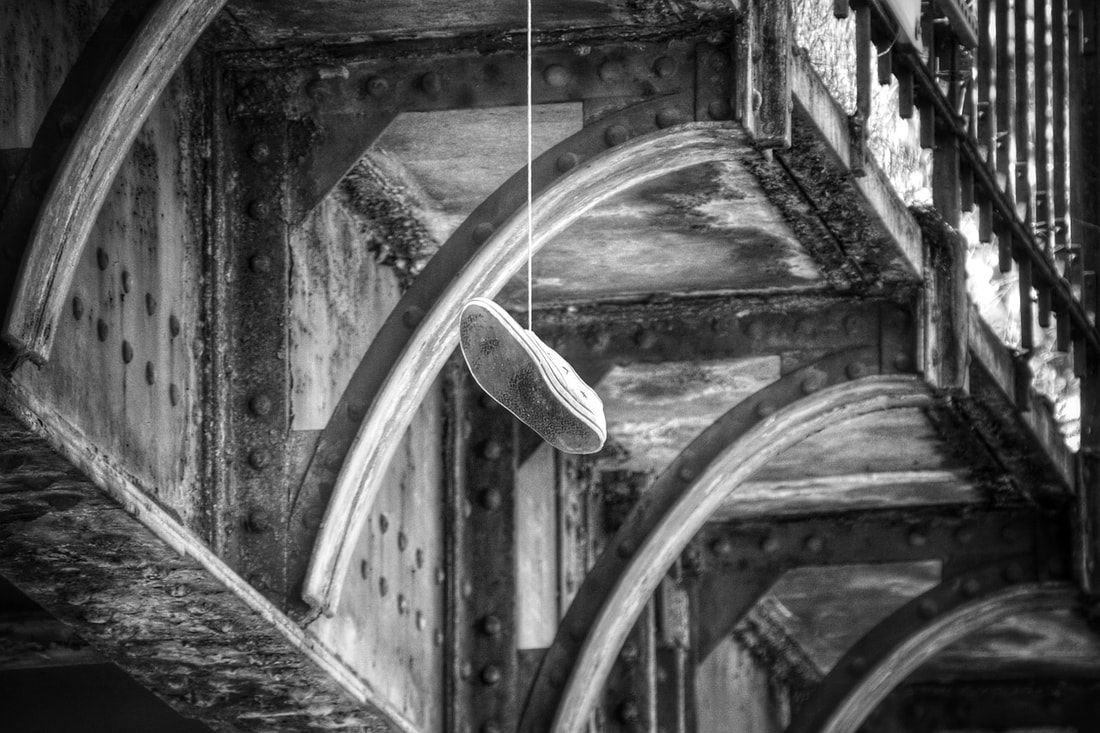
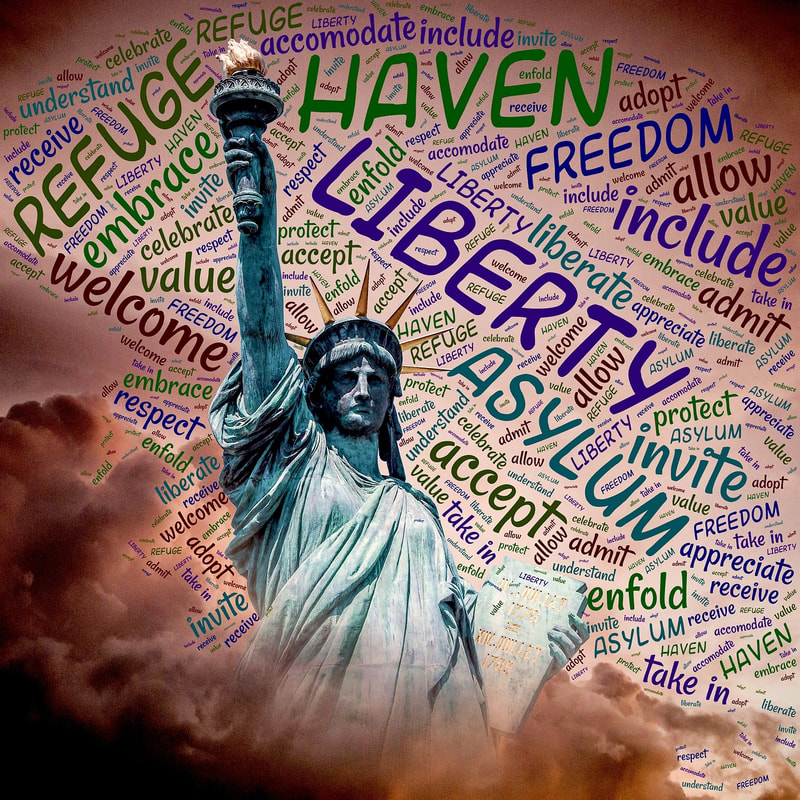

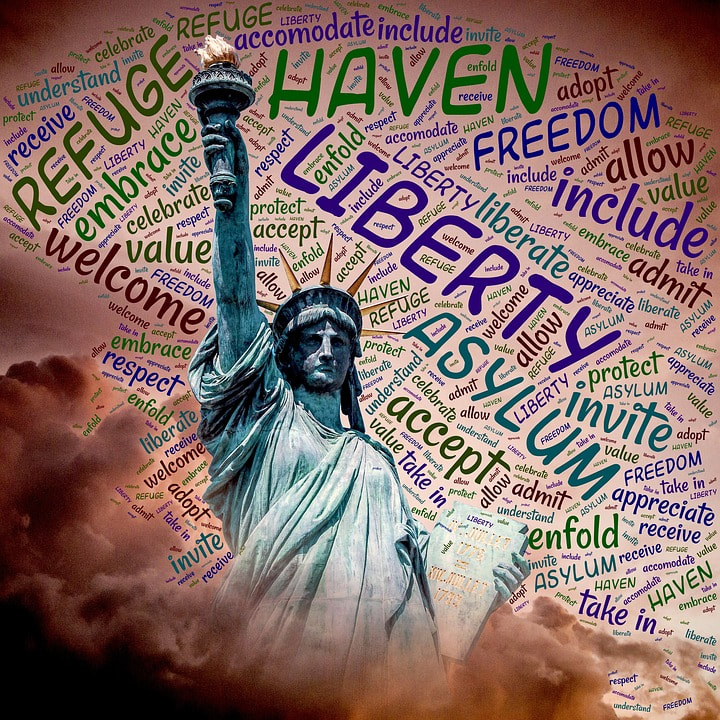


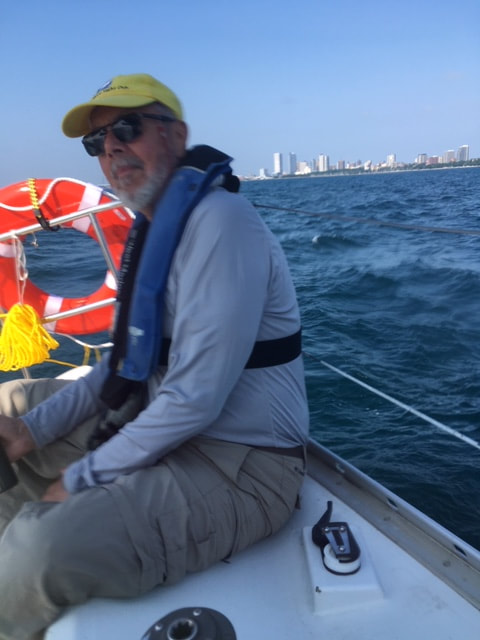
 RSS Feed
RSS Feed
